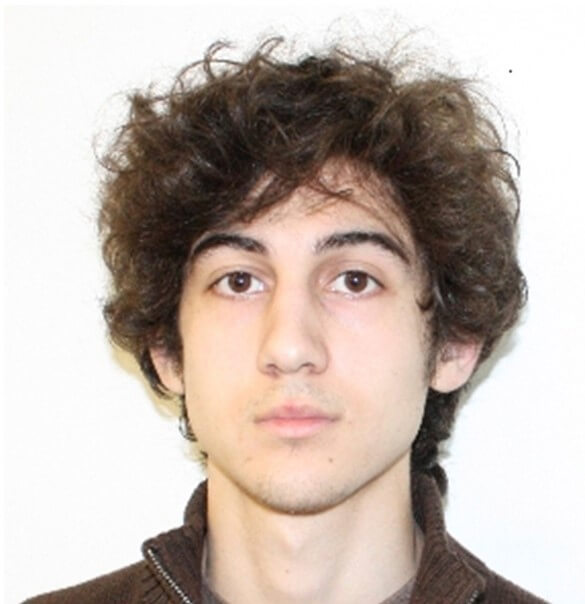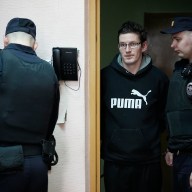By Scott Malone
BOSTON (Reuters) – A U.S. appeals court on Thursday said it would hear arguments on whether to move the trial of the Boston Marathon bombing suspect out of the city that was the site of the largest mass-casualty attack on U.S. soil since the Sept. 11, 2001, attacks. The appeals court’s decision to hear arguments on Feb. 19 comes after a district court judge three times rejected pleas by defendant Dzhokhar Tsarnaev’s attorneys to move the trial.
Defense attorneys contend too many people in the Boston area had a direct connection to the event to empanel an impartial jury.
Three people were killed and 264 injured when two homemade bombs went off at the race’s crowded finish line on April 15, 2013. Tsarnaev and his older brother, Tamerlan, are also charged with shooting dead a university police officer three days later. Tamerlan died that night, following a gunbattle with police.
Jury selection for the trial is now in its sixth week, with the court working its way through more than 150 people culled from a panel of 1,350 who filled out questionnaires early last month.
Adding to the challenge of seating a jury is the fact that Tsarnaev, 21, faces the possibility of execution if he is convicted of federal charges. Many potential jurors called for questioning have said they would have difficulty voting to impose the death penalty or would be unwilling to do so. Tens of thousands were crowded around the race’s finish line when the bombs went off and hundreds of thousands were ordered to remain in their homes during the manhunt for Tsarnaev.
On Wednesday, a potential juror reported being awakened by gunshots the night of the manhunt. Others have reported that their spouses tended to the wounded.
The appeals court ruled that jury selection could continue ahead of the hearing, where defense attorneys and prosecutors will each have 20 minutes to make their arguments.
The appeals court warned attorneys not to disclose the contents of juror questionnaires during their arguments.
Appellate Judge Juan Torruella questioned that order: “It will be quite an interesting hearing since the parties will be forbidden from discussing the details of facts directly at the heart of the issue presented: Whether the answer given during the jury selection process have demonstrated that the jury pool is so tainted and prejudiced that it is impossible for the defendant to receive a fair trial.” (Reporting by Scott Malone; Editing by Susan Heavey and Bill Trott)
U.S. appeals court to hear arguments on moving Boston bombing trial

By Scott Malone


















